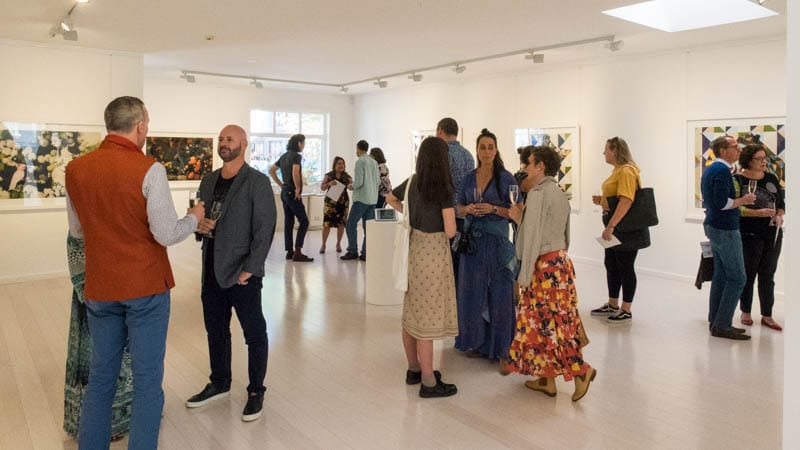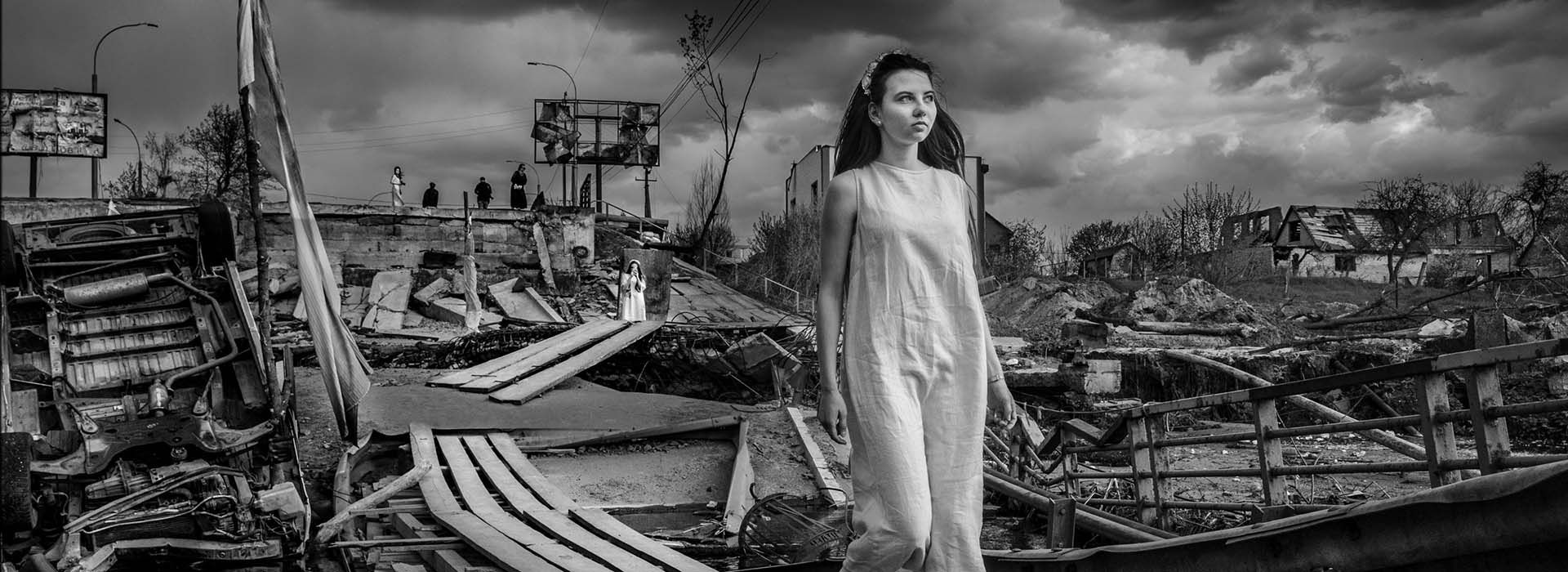Jonathan May’s “Awake” probes the rugged, unforgiving landscape of Africa to capture its warmth, seeking out the light that occupies its shadows, and always with respect and admiration for its cultures. The broad narrative feels more celebratory than exploitative, emphasising our shared humanity rather than accentuating cultural and socioeconomic contrasts. We become connected observers, soaking in the beauty, engaging on a human level, gazing into the spaces between purposeful actions, witnessing Africa’s people immersed in each moment. We glimpse their awareness of that moment’s importance, this crucial, collective African disposition.
Working for President Alassane Ouattara in the Ivory Coast, Prime Minister Raila Odinga in Kenya, the Criminal Investigation division in Mauritania, Botswana and South Africa, Jonathan gained access to parts of Africa that is rarely seen or celebrated.
Jonathan sought to shed what he believes is the West’s misshapen image of Africa: a combination of the doom and gloom portrayed by the media and the multitudinous imagery provided by photojournalism centred upon its injustice, poverty, war and political horrors, the aggregation and repetition of which informs a limited view of a continent steeped from cost to far flung coast in misery and human suffering. Never denying the darker side of Africa’s persona or the edifying role photography can play in bringing our attention to the prevalence or frequency of its human tragedies, Jonathan’s experience informs a broader view: one dotted with a vast and beautiful culture and history seldom celebrated.
The most important skill exhibited in “Awake” is May’s ability to act as the humble recorder, whilst still applying his style, skill and proficiency to the images. If an image evokes more of the photographer than it does of the subject, it is missing a key element of storytelling. This is something May is acutely aware of and he elevates his subjects whilst remaining anonymous to us, the viewer.
Also showing is Jonathan May’s full series called “Thika” which highlights the struggles that some children endure, by giving the viewer a sense of what it feels like to be visually impaired. With each photo the viewer ‘sees’, it is ironically as though they become the child in the photo, less able to clearly ‘see’ what lies in front of them. In this way, the series itself becomes a metaphor for deterioration.
www.jonathanmayphotography.com/

List your exhibition or photography event on our site to reach out to the Australian photographic community.

